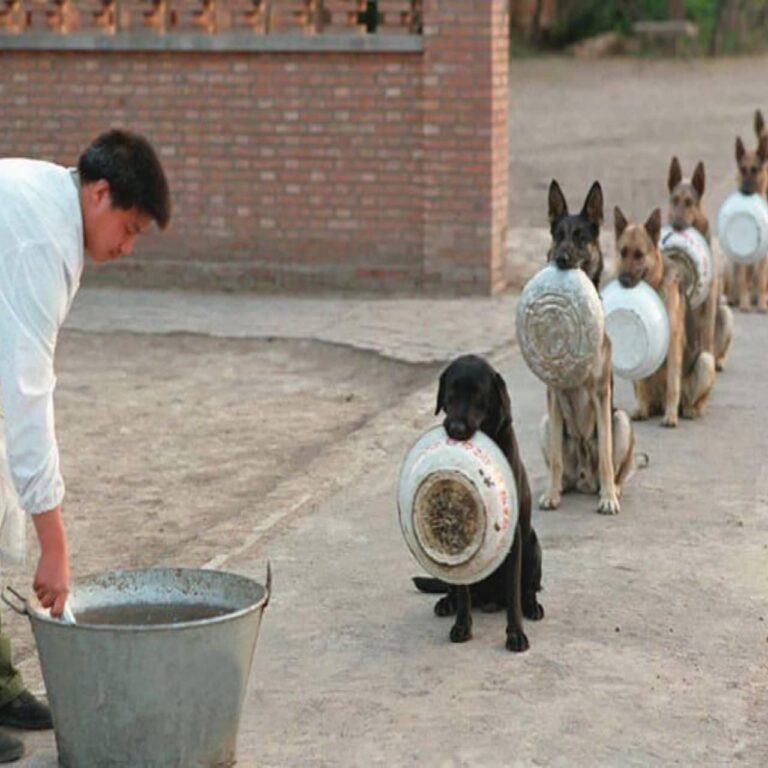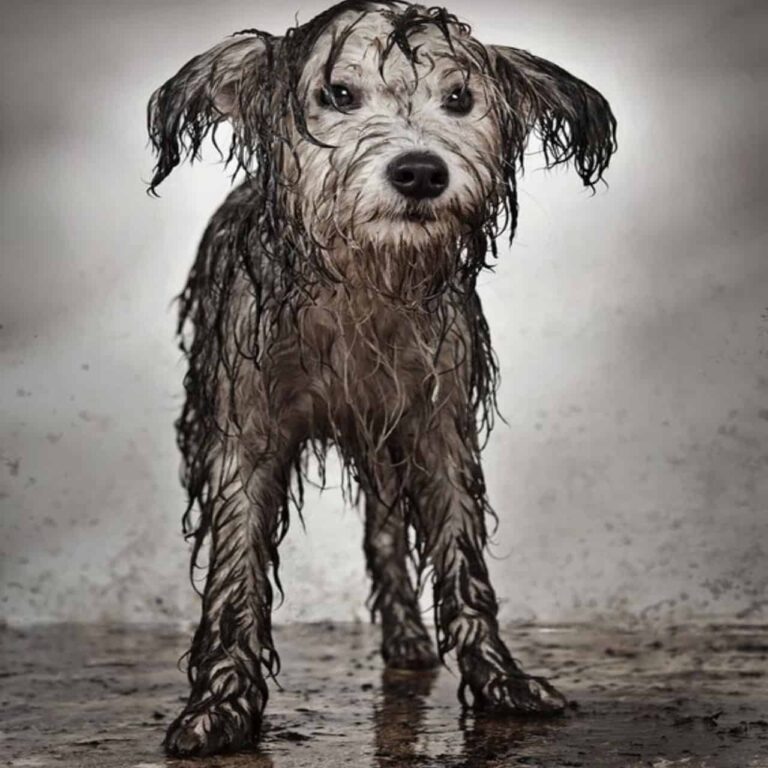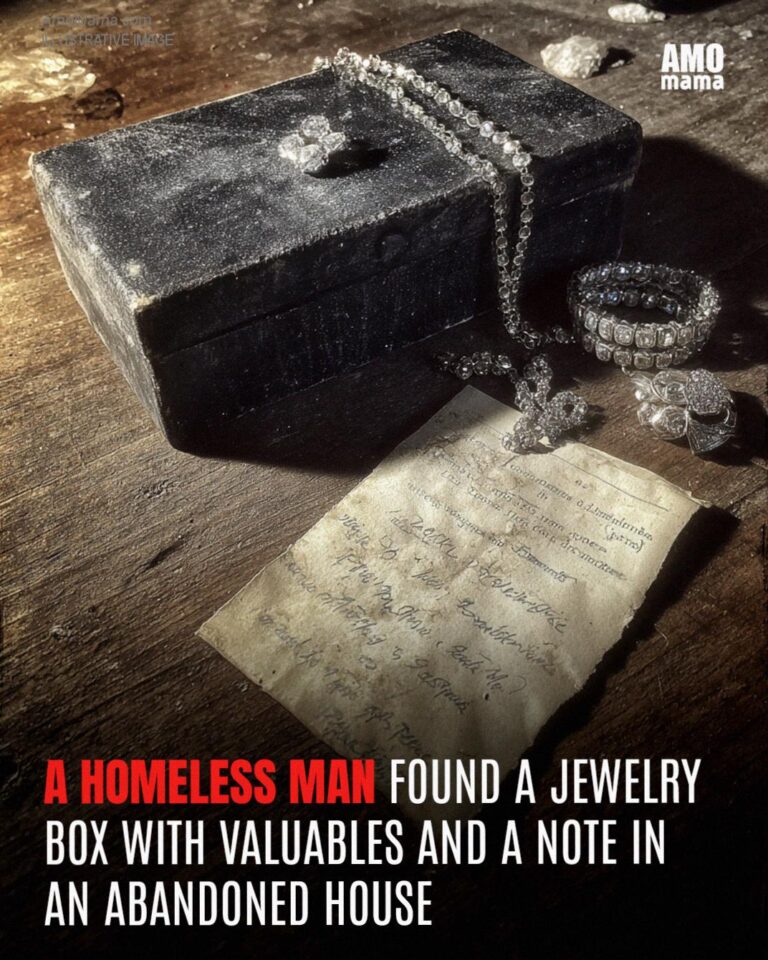The city lights blurred into a watery sheen, reflecting off the slick pavements as a persistent drizzle softened the harsh edges of the urban landscape. It was a night that most would prefer to spend indoors, wrapped in the warmth of a blanket, the rhythmic patter of rain against the windowpane a soothing lullaby. But for a solitary figure on a cold, concrete bench, comfort was a distant, forgotten luxury. This was the scene that greeted me as I hurried past a deserted bus stop, my collar pulled high against the chill, a forgotten errand pulling me onward. The dog, a medium-sized mongrel with matted fur and eyes that held the weary wisdom of countless sunrises and sunsets, was perched precariously on the armrest of the bench, its head drooping, a silent testament to exhaustion. It wasn’t the first stray I had seen, nor would it be the last, but something in its stillness, its utter resignation to the elements, snagged at my hurried pace. I paused, the urgency of my errand momentarily eclipsed by a deeper, more primal empathy. This dog, like so many others, was an invisible inhabitant of our bustling city, a testament to a reality often overlooked, a life lived on the fringes, defined by hunger, cold, and a constant vigilance against unseen threats. The image of it, hunched and vulnerable, was a stark reminder that beneath the glittering façade of urban life, a silent, daily struggle for survival unfolded, largely unseen and unacknowledged. The rain intensified, and a gust of wind rustled the leaves of a nearby plant, making the dog shiver. It was a poignant tableau, a fleeting moment of connection between two vastly different worlds, separated by circumstance but united by a shared sense of vulnerability in the face of nature’s indifference.

I continued my walk, the image of the dog stubbornly imprinted on my mind. My errand completed, a nagging sense of unease accompanied me on my return journey. The rain had become a downpour, and the streetlights cast long, distorted shadows. As I approached the bus stop again, I braced myself for the sight of the dog, expecting to see it still huddled, perhaps even more withdrawn. But the bench was empty. A small, irrational wave of relief washed over me, followed almost immediately by a pang of concern. Had it found shelter? Or had the harshness of the night simply been too much? Just as I was about to dismiss it as an inevitable outcome for a stray, a faint whimpering sound reached my ears, muffled by the persistent rain. I strained to hear it again, my heart quickening. It seemed to come from behind the bench, near a cluster of overgrown bushes.

Hesitantly, I approached the bushes, my senses on high alert. The whimpering grew louder, more insistent. Peeking through the sodden foliage, my breath caught in my throat. There, nestled amongst the thorny branches, was not one dog, but three tiny, shivering puppies, no bigger than my hand. And curled protectively around them, her eyes wide with a mixture of fear and defiance, was the same mongrel I had seen earlier. She had found a makeshift den, an attempt to shield her vulnerable offspring from the relentless downpour. It was a stark reminder of the fierce, instinctual love that transcends species, a mother’s unwavering dedication in the face of insurmountable odds.

I knew I couldn’t leave them there. The night was growing colder, and the puppies were clearly too young to withstand such conditions for long. A new kind of urgency propelled me into action. I remembered a small, abandoned cardboard box I had seen discarded earlier in a nearby alley. It wasn’t much, but it was better than nothing. I dashed through the rain, retrieved the box, and returned to the bus stop, my heart pounding with a mixture of hope and apprehension. The mother dog watched my every move, her gaze unwavering, a silent question in her tired eyes.




